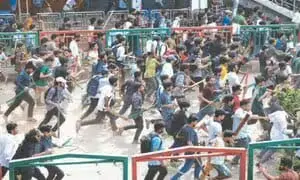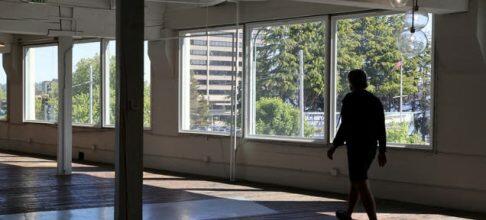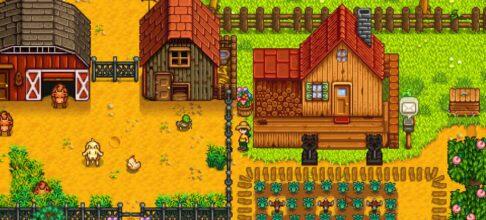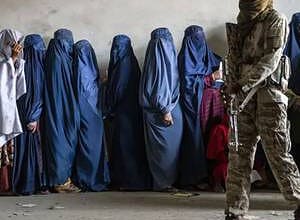Border security force deployed in Dhaka, Chittagong and three other cities as protesting students demand end to job quota system
Another two died in Dhaka, where rival student groups threw bricks at each other and blocked roads in several key locations that ground traffic to a halt in the megacity of 20 million. Police inspector Bacchu Mia confirmed the deaths to AFPsaying one had succumbed to head injuries, while at least 60 people were also injured. In the northern city of Rangpur, police commissioner Mohammad Moniruzzaman said a student had been killed in clashes there. He did not give details as to how the student died, but said police had fired rubber bullets and tear gas to disperse protesters. Rangpur Medical College hospital director Yunus Ali said the “student was brought dead to the hospital by other students”. Tauhidul Haque Siam from Rokeya University told AFP that ruling party supporters had attacked anti-quota protesters, while police fired rubber pellets from shotguns. “Police opened fire from their shotguns on the protesters,” Siam said, adding he had been injured. He said the dead student had been “killed in the firing”. But it was not possible to independently verify his account. As the day wore on and with some key highways around the country blocked by the protesters, authorities deployed the paramilitary Border Guard Bangladesh (BGB) force in five major cities, including Dhaka and Chittagong. They had been tasked with controlling “the law and order situation in view of the quota protests”, a BGB spokesman said. ‘Violence against peaceful protesters’ Tuesday clashes came a day after confrontations between anti-quota demonstrators and members of the ruling Awami League’s student wing that left over 400 people injured in Dhaka. “We are not here to do violence,” said a protester in Dhaka who declined to give their name for fear of reprisal. “We simply want our rights. But the ruling party goons are attacking our peaceful protests.” Near-daily marches this month have demanded an end to a quota system that reserves more than half of civil service posts for specific groups. Critics say the scheme benefits children of pro-government groups that back PM Hasina, 76, who won her fourth consecutive election in January after a vote “without genuine opposition”. Amnesty International afterwards urged Bangladesh to “immediately guarantee the safety of all peaceful protesters”. US State Department spokesman Matthew Miller also denounced the “violence against peaceful protesters”, prompting a rebuke from Bangladesh’s foreign ministry.
Published in Dawn, July 17th, 2024















